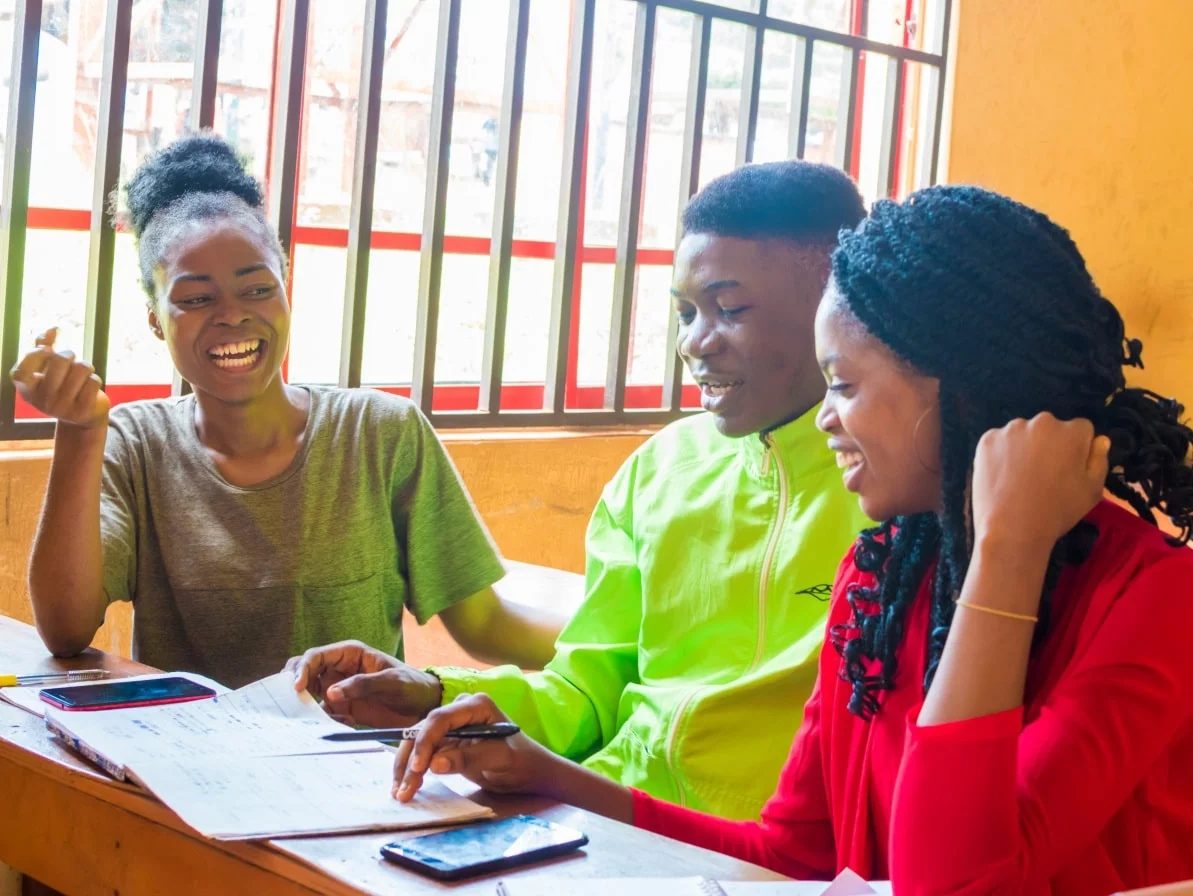
PBL-BioAfrica
Problem-Based-Learning Bioeconomy Entrepreneurship and Capacity Building Programme in Africa
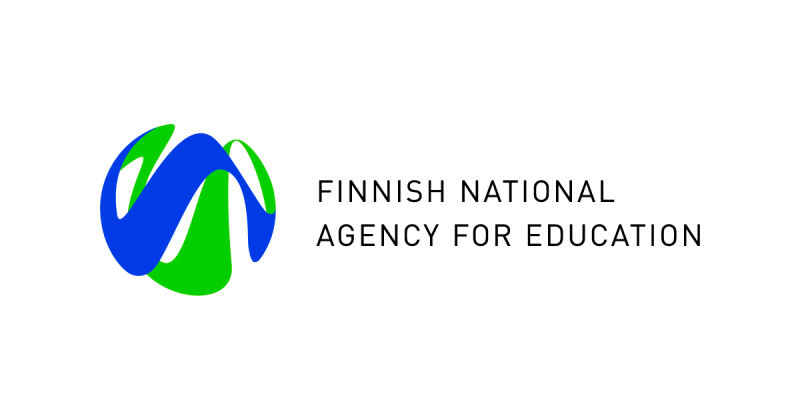
Project information
| Project | Problem-Based-Learning Bioeconomy Entrepreneurship and Capacity Building Programme in Africa |
| Duration | 9/2020-8/2024 |
| Partners | Häme University of Applied Sciences (project supervisor), Finland; Aalto University, Finland; University of Nairobi, Kenya; Egerton University, Kenya; South Eastern Kenya University, Kenya; University of Zambia, Zambia; Mulungushi University, Zambia |
| Funding | The programme is funded by the Ministry for Foreign Affairs of Finland and administered by the Finnish National Agency for Education, HEI ICI. |
| Budget |
PBL-BioAfrica is a collaborative project for strengthening the capacity in bioeconomy HEIs (Higher Education Institutions) in Kenya and Zambia. Reforming bio-entrepreneurship education to meet the needs in working life and to promote entrepreneurship among students and graduates will lead to economic productivity as well as environmental and social sustainability.
The focus is in developing problem-based learning (PBL) methods in bioeconomy education, and utilising open distance learning (ODL) formats and open education resources (OER) in order to reach large numbers of students.
The project is funded by the HEI ICI (Higher Education Institutions Institutional Cooperation Instrument). HEI ICI supports cooperation projects between higher education institutions in Finland and the developing world. The projects support the HEIs as they develop their subject-specific, methodological, educational and administrative capacity. The programme is funded by the Ministry for Foreign Affairs of Finland and administered by the Finnish National Agency for Education.
The project consortium
The project consortium consists of 2 HEIs in Finland, 3 in Kenya and 2 in Zambia. In addition, the The Regional Universities Forum for Capacity Building in Agriculture (RUFORUM) is a key partner for disseminating project results to wider Africa.
- Häme University of Applied Sciences, Finland
- Aalto University, Finland
- University of Nairobi, Kenya
- Egerton University, Kenya
- South Eastern Kenya University, Kenya
- University of Zambia, Zambia
- Mulungushi University, Zambia
Target group
The bioeconomy higher education institutions in Kenya and Zambia.
Operating Region
Kenya and Zambia
Materials
- Knuutti, U-M. & Määttänen, S. (2022). Building student confidence and work-life preparedness through company co-operation. HAMK Beat. https://blog.hamk.fi/hamk-beat/building-student-confidence/
- Määttänen, S., Tertsunen, T., Knuutti, U.-M. & Laitinen, E. (2022). Advancing open distance learning in Sub-Saharan Africa through teacher training. HAMK Unlimited Professional. https://urn.fi/URN:NBN:fi-fe2022080452775
- Määttänen, S., Knuutti, U.-M. & Laitinen, E. (2022). Piloting international student challenges: results on students’ perspective. HAMK Unlimited Professional. 26.9.2022. https://urn.fi/URN:NBN:fi-fe2022062047869
- Laitinen, E. & Määttänen, S. (2022). Kehitys on kokonaisuuksien hallintaa – runsaat luonnonvarat eivät takaa vaurautta. HAMK Beat. https://blog.hamk.fi/hamk-beat/kehitys-on-kokonaisuuden-hallintaa-runsaat-luonnonvarat-eivat-takaa-vaurautta/
- Laitinen, E. (2022). Afrikka matkalla opiskelijakeskeiseen opetukseen. HAMK Beat. https://blog.hamk.fi/hamk-beat/afrikka-matkalla-opiskelijakeskeiseen-opetukseen/
- Määttänen, S., Knuutti, U.-M., & Laitinen, E. (2023). Student perceptions on the competences developed during real-life, project-based learning. HAMK Unlimited Professional. 5.1.2023. https://urn.fi/URN:NBN:fi-fe202301051552
- “Chambabulele, F. & Määttänen.S. (2023). Learning by doing: The magnificent experience at the RUFORUM general meeting. HAMK Beat. https://blog.hamk.fi/hamk-beat/learning-by-doing-the-magnificent-experience-at-the-ruforum-general-meeting/
- Laitinen, E. & Määttänen, S. (2023). 21st century skills – the way to get employed? HAMK Beat. https://blog.hamk.fi/hamk-beat/21st-century-skills-the-way-to-get-employed/
- Niemi, L., Määttä, J., Ollinen, A., Spångman, J., Määttänen, S. & Knuutti, U.-M. (2023). Understanding solar cooker’s impacts on lives of rural Zambian women. HAMK Unlimited Journal. https://urn.fi/URN:NBN:fi-fe2023040435018
- Kyule, M.N. & Määttänen, S. (2023). Experiences in Problem Based Learning. HAMK Beat. 5.6.2023. https://blog.hamk.fi/hamk-beat/experiences-in-problem-based-learning/
- Kyule, M., Laitinen, E. & Määttänen, S. (2023). Africa on the way to educational transformation. HAMK Unlimited Professional. 29.6.2023. https://urn.fi/URN:NBN:fi-fe2023062057126
- Knuutti, U.-M., Friman, M. & Määttänen, S. (2023). Experiences of collaboration: National and cross-continental perspectives from academic projects. HAMK Unlimited Journal. 28.8.2023. https://urn.fi/URN:NBN:fi-fe2023062759330
- Knuutti, U.-M. & Määttänen, S. (2023). Large classes pose a challenge for problem-based learning: Truth or myth? HAMK Unlimited Professional, 20.11.2023. https://urn.fi/URN:NBN:fi-fe20231117147347
- Helenius, N., Knuutti, U.-M. & Määttänen, S. (2023). Facilitating mentoring in problem-based learning: Experiences from a multi-mentor model. HAMK Unlimited Professional, 1.12.2023. https://urn.fi/URN:NBN:fi-fe20231123148671
- Knuutti, U.-M., & Määttänen, S. (2023). Digitalising teaching and learning in Sub-Saharan Africa. HAMK Unlimited Professional, 15.12.2023. https://urn.fi/URN:NBN:fi-fe20231213153765
- Määttänen, S. (2023) E-learning: Challenges and coping methods in East and Southern Africa. HAMK Beat. 15.12.2023. https://blog.hamk.fi/hamk-beat/e-learning-challenges-and-coping-methods-in-east-and-southern-africa/
Videos
Student projects
The projects were carried out in collaboration with the industry and societal actors to tie education more closely with working life, solving real-life cases in international teams both virtually and in the field. The cases were assigned by organisations in the field of bio-economy and agriculture.
Student projects 2023
Student projects 2022
Student projects 2021
Contact information
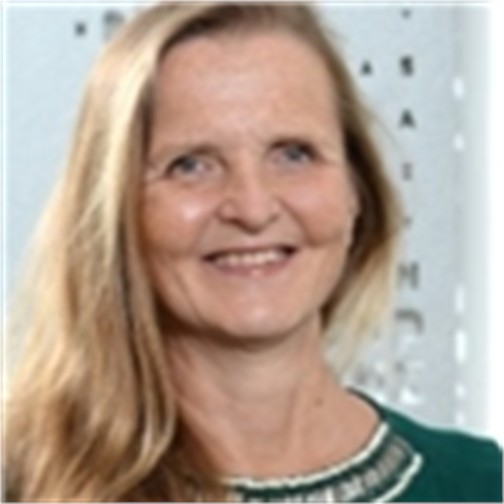

You might also like
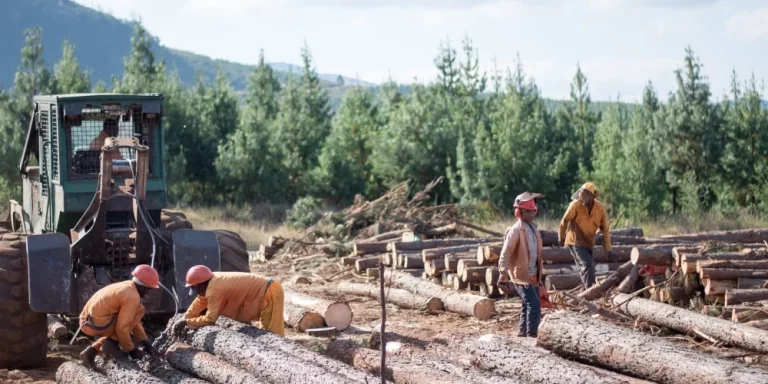
FOREST21
FOREST21 is a joint project for strengthening capacity in South African higher education in forestry. The project is implemented in collaboration of five higher education institutions (HEIs) in South Africa that have forestry curricula or will start teaching forestry.
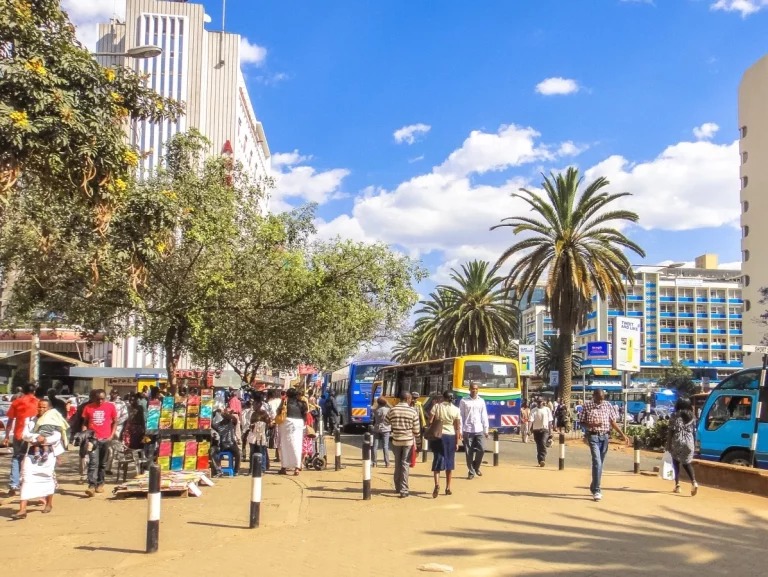
AgriSCALE
AgriSCALE is a joint initiative for reforming agri-entrepreneurship education in Sub-Saharan Africa.
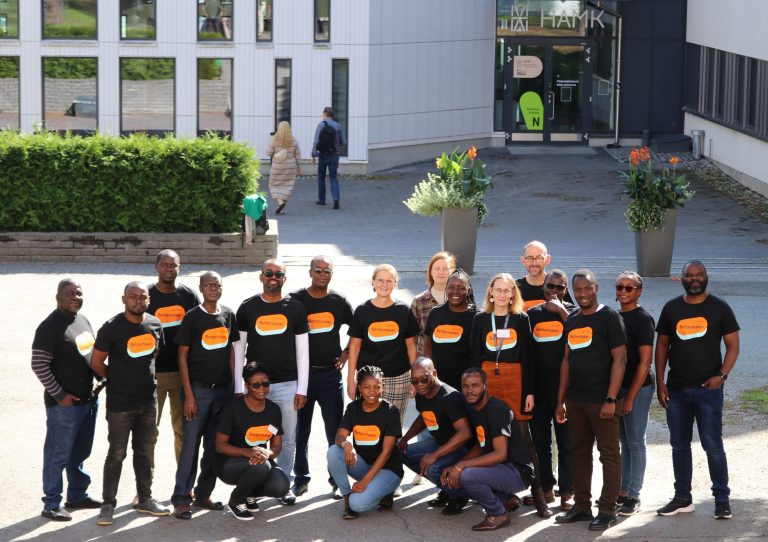
AgrGROW
Enabling student-centered learning at higher education institutions, creating a network-based learning ecosystem and the practices of climate-smart agricultural entrepreneurship.